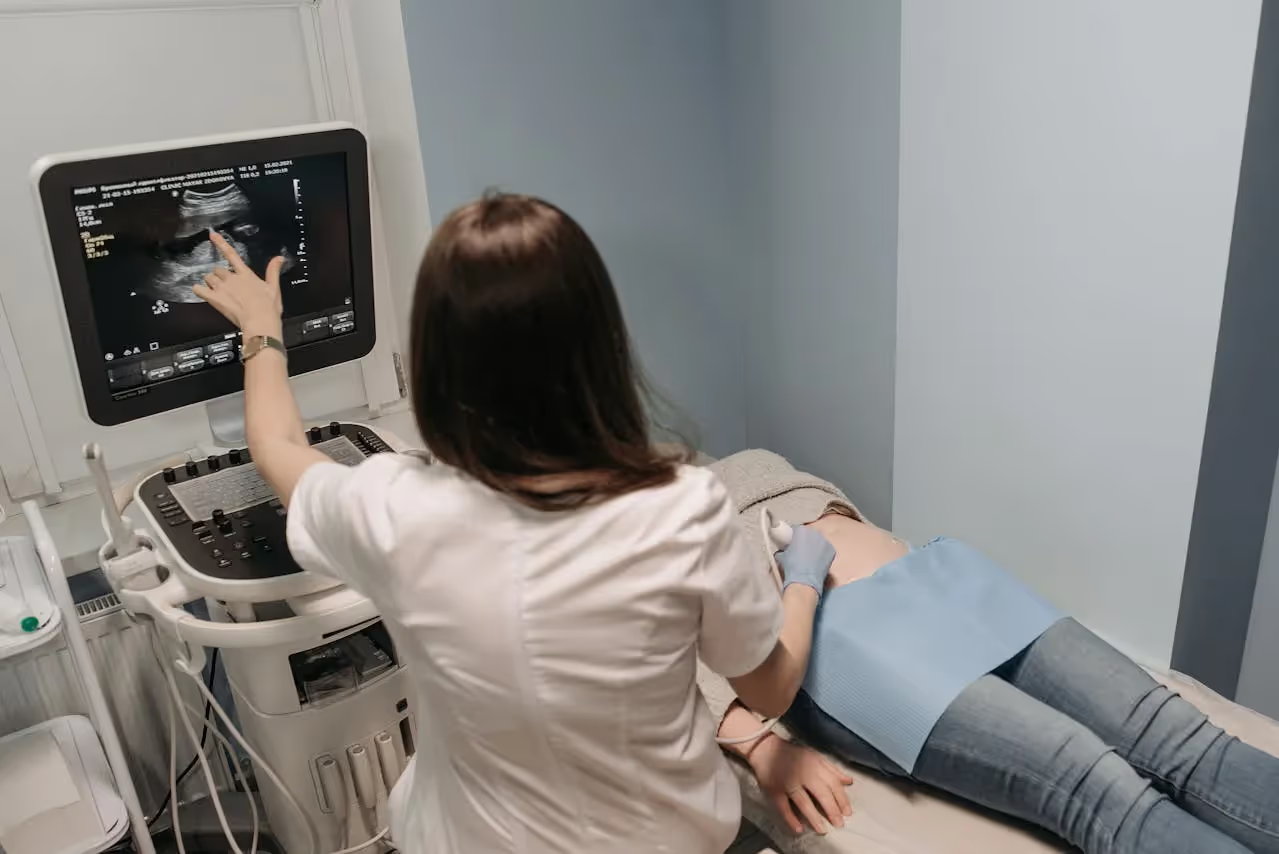Understanding Felonies and Employment in Healthcare
If you're interested in pursuing a career in the medical field but have a felony on your record, you likely have a lot of questions. Can you work in healthcare with a felony? Is it possible to become a nurse, medical assistant, or technician if you have a criminal conviction?
This guide explores how having a felony can affect your job search and career prospects in hospitals, clinics, and other healthcare settings. We'll break down employment eligibility, restrictions for specific medical careers, and what you can do to improve your chances of working in the healthcare industry with a felony on your record.
How Background Checks Impact Medical Careers
Nearly all employers in the medical field perform background checks. This is due to the sensitive nature of healthcare work, including access to patients, prescription medications, and confidential information. Background checks usually look for criminal convictions, including felonies, misdemeanors, and sometimes even arrests without convictions.
When applying for jobs in the healthcare sector, expect your criminal record to be a factor. How much it matters depends on:
- The type of felony you have
- How much time has passed since the conviction
- The requirements of the employer or licensing board
- State and federal laws or regulations
What Kinds of Felonies Prevent Medical Employment?
Certain felony offenses will make it much harder to work in the medical field. These typically include:
- Violent offenses (e.g., assault, homicide)
- Sexual offenses
- Drug trafficking or distribution convictions
- Major financial crimes (e.g., healthcare fraud, embezzlement)
- Crimes involving minors or vulnerable adults
Some medical jobs have strict rules—especially those involving direct patient care or controlled substances. Others may have more flexibility, especially for older convictions or non-violent felonies.
Can You Become a Nurse, Doctor, or Medical Assistant with a Felony?
The answer depends on the specific job, state rules, and your conviction details. Here’s a closer look at some popular medical careers:
- Nursing (Registered Nurse, LPN, CNA): Nursing boards in every state review felony convictions. Some felonies are a permanent disqualification, but others may allow you to get licensed after a waiting period or with proof of rehabilitation.
- Physician or Physician Assistant: State medical boards conduct rigorous background checks. Violent or drug-related felonies often prevent licensing, while others may be considered on a case-by-case basis.
- Medical Assistant or Technician: Employers usually perform background checks, but some entry-level healthcare jobs may be open to those with older or non-violent felonies, especially if licensing is not required.
Always check the requirements of your state's licensing board before investing time and money into medical training.
State Laws and Regulations for Felons in Healthcare
Rules about working in healthcare with a felony vary by state. Some states—like Texas, Florida, and California—have detailed laws regulating healthcare employment for those with criminal records. Licensing boards may require a special review or hearing if you have a felony.
Certain convictions, such as offenses against patients or Medicare fraud, usually disqualify you from healthcare positions everywhere. Other offenses may require you to meet rehabilitation or waiting periods before applying for work or licensure.
Steps to Take If You Have a Felony and Want to Work in Healthcare
If you have a felony record and dream of working in the medical field, you still have options. Here are some actionable steps to help move forward:
- Research state laws for your intended healthcare career and location.
- Contact licensing boards directly—they can clarify your eligibility and any review processes.
- Gather documentation to show rehabilitation, such as references, employment history, and proof of completing probation or parole.
- Consider record expungement or sealing if allowed in your state. This can improve your employment chances.
- Seek jobs in healthcare support roles that don’t require a license while working toward other goals.
- Be honest and upfront on applications—many hospitals and clinics appreciate transparency about past mistakes.
Alternative Careers in the Medical Field for People with a Felony
If direct patient care roles are out of reach, don’t give up on working in the industry. The healthcare sector includes many non-clinical jobs where hiring criteria may be less strict:
- Medical billing or coding
- Administrative roles (receptionist, scheduler)
- Medical records clerk
- Maintenance or custodial staff in hospitals
- Medical equipment cleaning and logistics
- Healthcare IT support
These positions often have less patient contact, so some employers may be more willing to consider applicants with felonies—especially if the conviction is not related to the job duties or is from many years ago.
Frequently Asked Questions about Felonies and Working in Healthcare
Can you work in a hospital if you have a felony?
Some hospital jobs are open to applicants with a felony, especially positions that do not require a license or involve direct patient care. However, many hospitals have policies that exclude certain types of convictions, especially recent or serious ones. Checking the hospital's specific policy is essential.
Will a felony prevent you from becoming a nurse?
A felony may prevent you from getting a nursing license, but not in every case. The state board of nursing reviews each applicant individually, considering the nature and age of the offense, evidence of rehabilitation, and risk to the public. Some convictions are disqualifying, while others allow for a hearing or appeal.
What healthcare jobs hire felons?
Some healthcare jobs may consider applicants with felonies, especially for non-licensed roles like medical billing, records, housekeeping, and some entry-level technician positions. Each employer has its own hiring policies, so it's important to apply broadly and be upfront about your background.
How far back do healthcare background checks go?
Healthcare background checks often look at your entire criminal history, but the length of time may depend on state law and job requirements. Some states limit checks to seven years, while others may review records going back much further, especially for positions involving patient care.
Will expunging my felony help me get a job in medicine?
Expungement or sealing your record can improve your chances of getting a job or license in healthcare. However, some licensing boards or employers may require disclosure of convictions, even if they are expunged. It is best to consult an attorney or your state licensing board for advice.
Key Takeaways for Felons Interested in Healthcare Careers
Pursuing a job in the medical field with a felony on your record is not always impossible. Each situation is unique, and many factors influence eligibility—including the type of position, the nature of the offense, and state regulations. If you're dedicated and willing to take the right steps, you'll improve your odds of finding meaningful work and helping others in the healthcare sector.









.svg)



